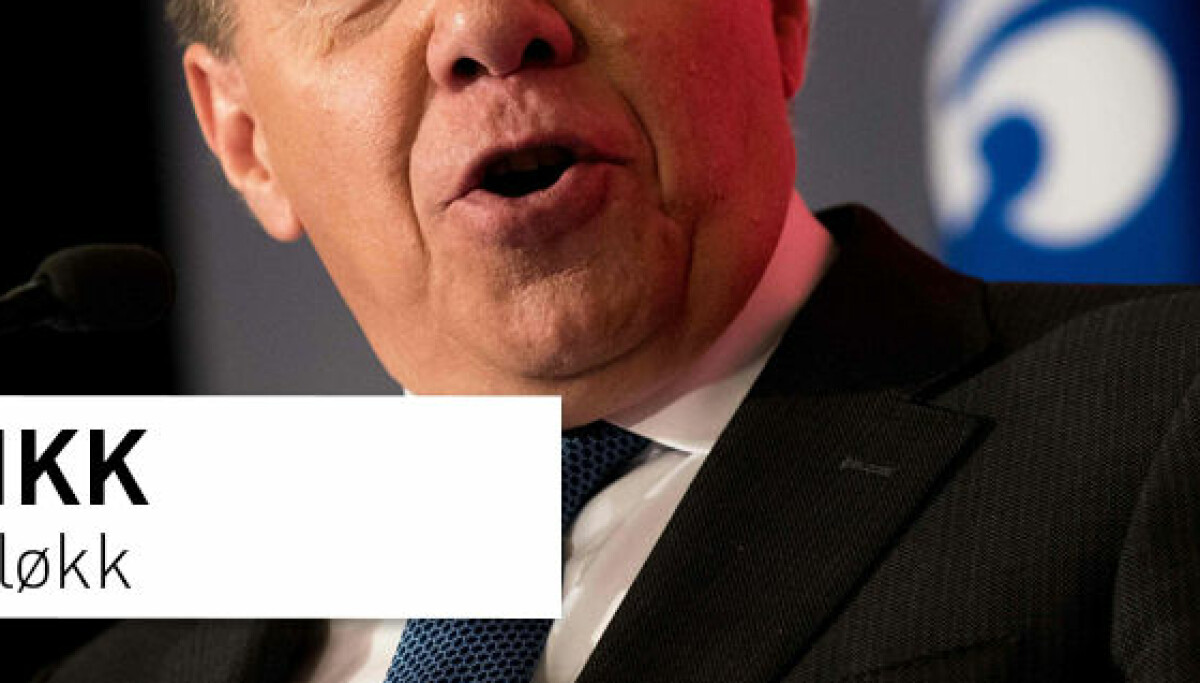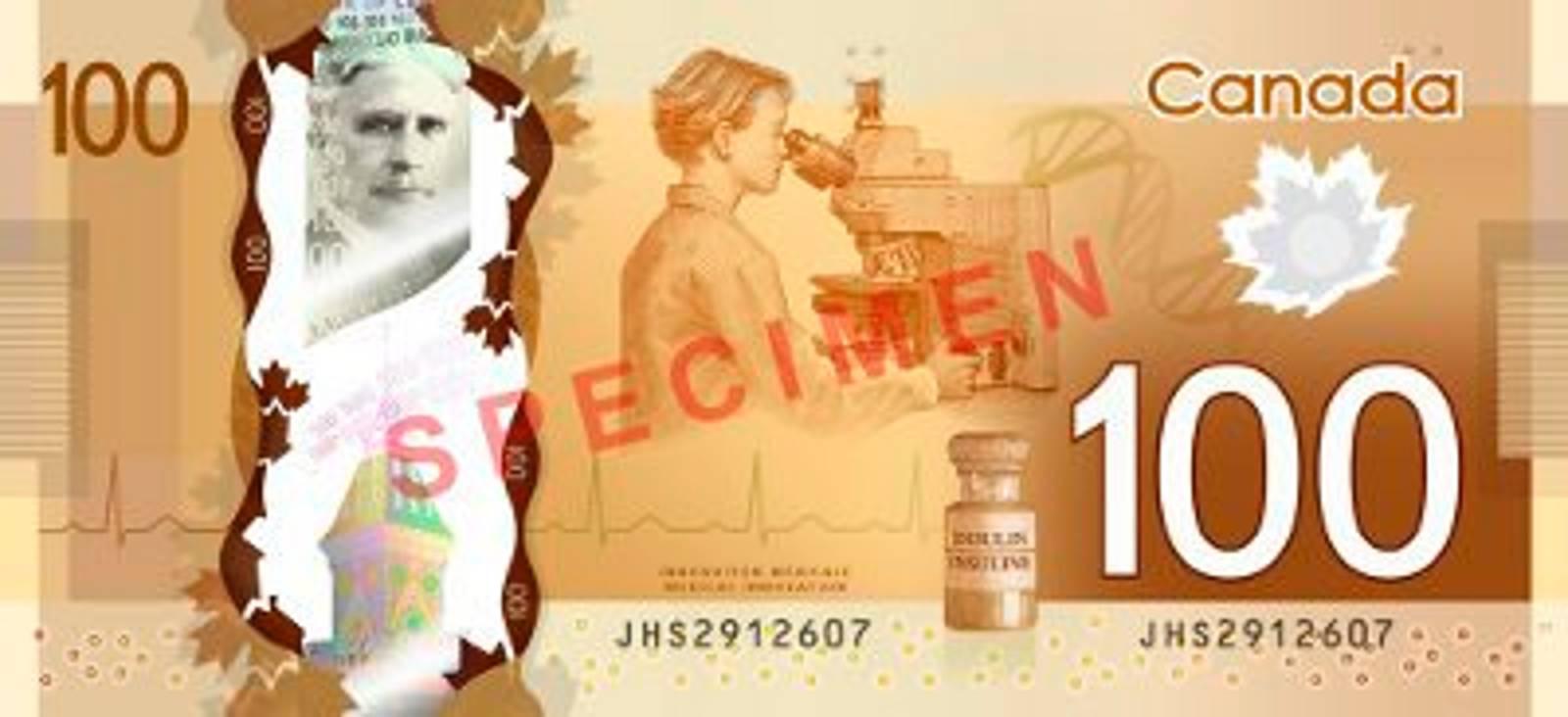THE CHRONICLE: The political landscape in Quebec was turned upside down after Monday’s elections to the National Assembly in the French-Canadian province.
For the first time since 1970, neither the Liberal Party of Quebec (PLQ) nor the separatist party, the Parti Québécois (PQ), came away with victory in the elections to the National Assembly of Quebec.
With 37.5 percent of the vote and 74 seats out of 125, the new right-wing party Coalition Avenir Québec (CAQ) can form a majority government. This is a political earthquake in the French-Canadian province.
Two traditional festivals
For more than 50 years, the federalists of the PLQ and the separatists of the PQ have alternated in power, and the big question in each election is whether or not Quebec should secede from Canada.
But this year, the question of independence took up very little space in the electoral campaign. What concerns Quebecers is above all health policy, financial management and the education system.
Read also :
Are the Quebec elections the death of separatism?
Two new batches
This opened the way for two relatively new players on the political landscape. Québec solidaire (QS) was founded in 2006. It wants Canadian independence, but is politically far to the left of the other separatist party, the PQ. The party’s main issues were education and the environment.
The CAQ was founded in 2011. It is made up of former members of the PQ and the PLQ, but rises above the independence debate and is politically more to the right than the two traditional parties. This has been particularly evident in promises of tax cuts and stricter immigration policies.
Consequences of the electoral system
The election in Quebec is a majority election in 125 constituencies where each constituency appoints a representative to the National Assembly. This system had two important consequences in this year’s elections.
First, it allows the CAQ to form a majority government even if it does not have the majority of the population behind it. With 37.5 percent of the vote, it is the smallest party to ever form a majority government in Quebec.
Second, it led the separatist PQ party, which is having its worst election since 1973, to become the smallest party in the National Assembly, with only 9 representatives, despite having 17 percent support. As it has fewer than 12 representatives and less than 20 percent of the vote, it will also lose its official party status, and therefore also significant funding.
The separatist party of the future?
The left-wing separatists QS obtained more representatives than the traditional separatist party PQ: they obtained 10 seats in the National Assembly, despite a slightly lower turnout of 16 percent. During the last elections, the party had only 3 representatives, which allowed it to more than triple its political influence.
Since its creation in 2006, QS has provided an alternative for separatist supporters who want an even stronger welfare state and a more open immigration policy. However, until this year, the party has not been a real challenger to the PQ.
But now, QS is sailing as one of the big winners of the elections, truly establishing itself as a political party and could perhaps become the separatist party of the future in a province where the independence cause is not dead, even if it has been clearly put forward. hold on to this year’s elections.
Read also :
Does Geert Wilders symbolize how bad the situation is for European politicians?
What is the policy of the right-wing CAQ?
The new leaders of the CAQ are both former federalists and former separatists. Party leader François Legault is a former member of the PQ, but he insisted that for him, the separatist struggle has never been anything other than a means of putting pressure on the central government in Ottawa to obtain benefits for Quebec. He does not want independence for Canada.
The CAQ went to the polls to affirm that it would reduce taxes and immigration. He also wanted to make it possible to expel immigrants who did not pass a French language and democratic values test. However, this will be difficult to implement as long as immigration remains largely a federal responsibility in Canada.
Party leader Legault also promised an ambitious policy to improve the province’s health system and education system. Considering that the party also wants significant tax cuts, it has been accused of not having a realistic economic policy.
A final important point for the CAQ is that the party wants to be tougher in negotiations with the central government in Ottawa. Especially in the context of the new free trade agreement negotiated between Canada, the United States and Mexico (the NAFTA agreement), Legault insisted that he will fight for Quebec’s political advantages. agricultural.
Why did the CAQ win the elections?
Toward the end of the summer, PQ separatists declared that they would not immediately work toward another independence referendum if elected. Quebec has thus equipped itself with a new type of electoral campaign, where other themes could take center stage.
This benefited the CAQ, which demonstrated that it is possible for former separatists and federalists to work together in the same political direction. With the question of independence put on hold, the CAQ and the traditional federalist party PLQ immediately appeared as favorites in opinion polls.
Among these two parties which do not want secession, the CAQ however has the advantage of representing something new. A large majority of Quebecers have said that in this year’s elections they wanted change. Additionally, turnout was relatively low, 66.5 percent, which also worked against the established parties.
Quebec won’t secede from Canada anytime soon, but that doesn’t mean Canada’s Prime Minister, Justin Trudeau, will have it easy with Quebec’s new premier. François Legault is neither separatist nor federalist, but he is clearly nationalist in the sense that he will fight tooth and nail for more benefits for Quebec within Canada.

“Passionate pop cultureaholic. Proud bacon trailblazer. Avid analyst. Certified reader.”







